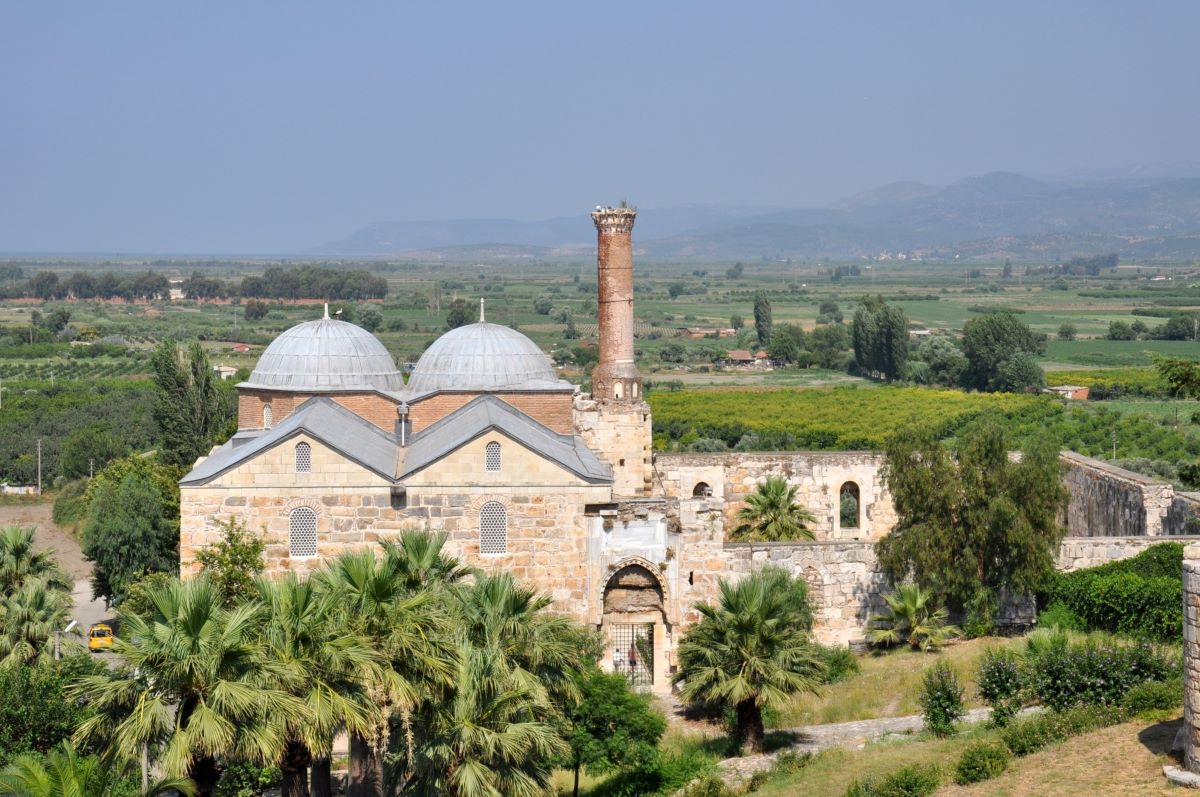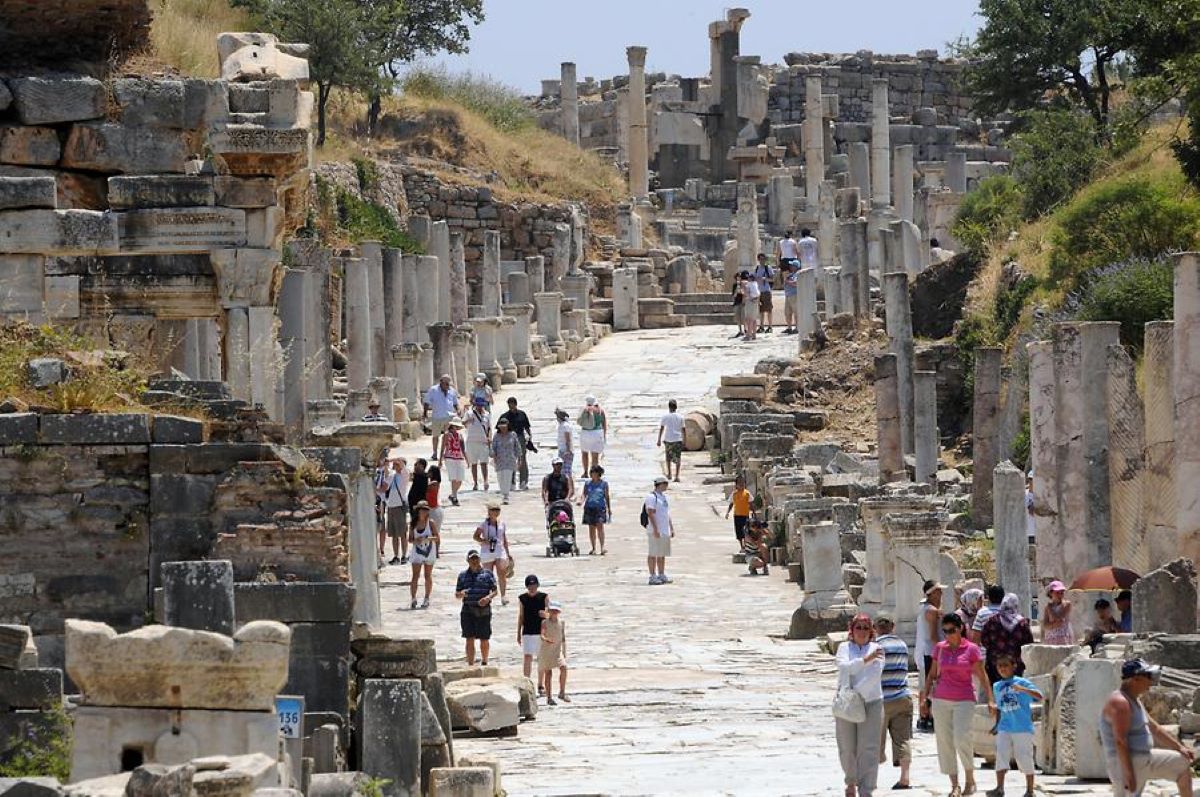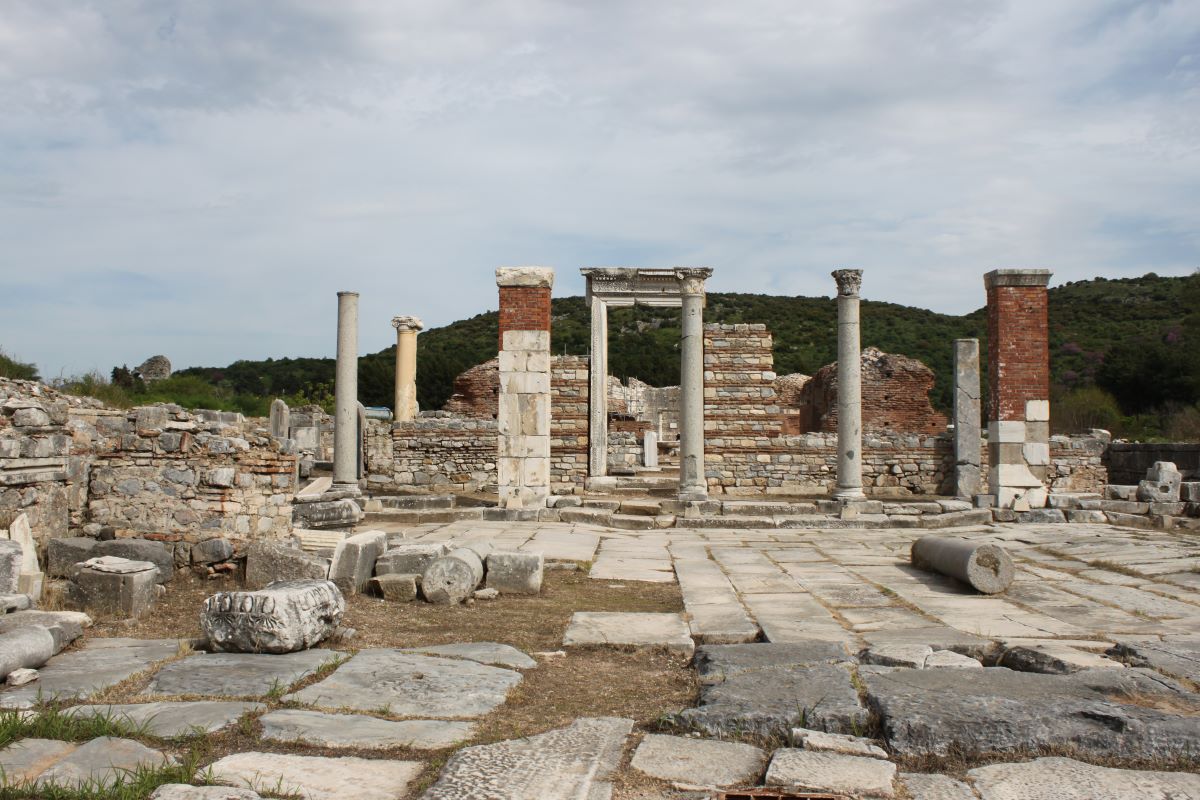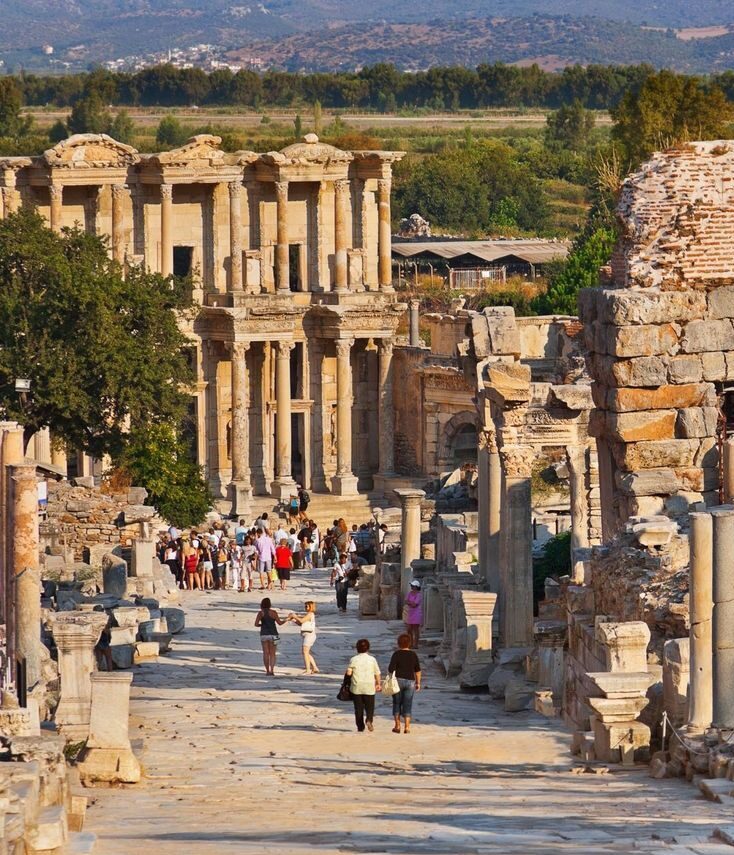The ancient city of Ephesus is a site of remarkable historical significance, with a…

Tracing the History of Ephesus 4: From the 11th Century Onward
In the 11th century CE, Ephesus was an important city in the region of Anatolia. It was conquered by the Seljuk Turks, a powerful nomadic group that originated in Central Asia and had expanded into the Middle East. The Seljuks established the Sultanate of Rum, a state that encompassed much of Anatolia, and Ephesus became a part of it. Under the Seljuks, Ephesus continued to be a center of trade and commerce, connecting the Mediterranean world with the interior regions of Anatolia and beyond. The city was also home to a thriving Muslim community, which was able to practice their religion freely and contribute to the city’s cultural and intellectual life.
The 14th century CE saw the rise of the Ottoman Empire, a powerful state that originated in the region of Bursa, also in Anatolia. The Ottomans gradually expanded their territory, conquering neighboring states and incorporating them into their empire. In 1330 CE, the Ottoman Sultan Orhan I conquered Ephesus, and the city became part of the Ottoman Empire. Under Ottoman rule, Ephesus gradually declined in importance, as other cities in the empire, such as Istanbul and Izmir, became more prominent. The city’s population decreased, and many of its buildings fell into disrepair.
Despite its decline, Ephesus remained an important site for pilgrimage and religious tourism, as it was believed to be the site of the Virgin Mary’s house and was associated with early Christianity. The Ottomans recognized the importance of the city’s historical and religious significance, and they undertook several restoration projects to preserve its ancient buildings and monuments. However, the city’s decline continued, and by the 15th century CE, it was largely abandoned.
Today, Ephesus is a UNESCO World Heritage Site and a popular tourist destination, visited by millions of people each year who come to see its ancient ruins and learn about its rich history.The city was once a prosperous center of commerce and culture, with a thriving port and a population of over 250,000 people. It was an important center of Greek and Roman civilization and was one of the largest cities in the Roman Empire. The city was also a center of early Christianity and is mentioned in the New Testament of the Bible. The rediscovery of Ephesus in the 19th and early 20th centuries by archaeologists marked a significant turning point in the study of ancient civilizations.
The site became an important area of archaeological research, and the excavation and preservation of the ruins uncovered a wealth of information about the lives and culture of the people who once lived there. The ruins of Ephesus are now a major tourist attraction and draw visitors from all over the world. The Turkish government has made significant investments in the preservation and restoration of the site, and ongoing efforts to protect the ruins from erosion and decay have helped ensure that visitors can experience the city as it once was.
The government has also invested in the development of the nearby city of Selcuk, which has become a hub of tourism activity in the region. Selcuk is home to a variety of hotels, restaurants, and other amenities that cater to the needs of visitors to the area. Ephesus offers a unique glimpse into the past, with well-preserved structures that provide insight into the daily lives of its inhabitants. Visitors can explore the city’s ancient streets, public buildings, and religious structures, including the Library of Celsus, the Temple of Hadrian, and the Great Theater, which once seated over 25,000 people. The city’s iconic Artemis Temple, one of the Seven Wonders of the Ancient World, has also been partially restored and can be visited by tourists.
The legacy of Ephesus continues to inspire and captivate people from all walks of life. Its historical significance, coupled with its impressive architecture and cultural heritage, make it one of the most important and fascinating historical sites in the world. Ephesus is a testament to the enduring power of human ingenuity and serves as a reminder of the rich and complex history of the ancient world.




This Post Has 0 Comments